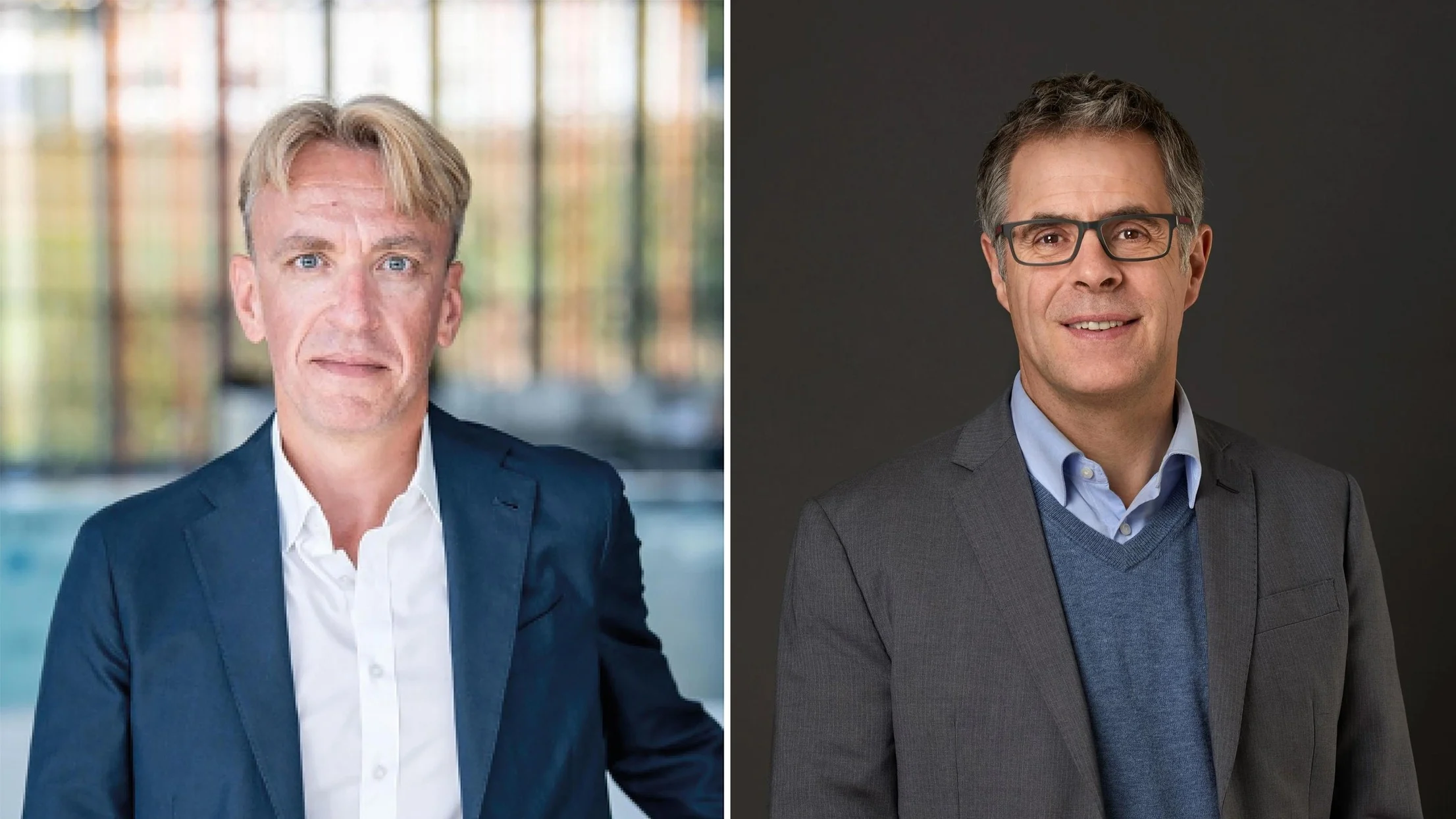The European Research Council announced on Thursday that School of Engineering professors Pierre Vandergheynst and Christophe Ballif have been awarded ERC Synergy Grants to tackle major scientific challenges.

Christophe Ballif, director of the Phototovoltaics and Thin Film Electronics Laboratory (PV-Lab) at the Institute of Microengineering in Neuchâtel, was selected for the project, “Ultimative Photovoltaics” along with Stefan Glunz of the Albert Ludwigs University Freiburg (Germany) and Stéphane Collin of the National Center for Scientific Research (CNRS) (France). Pierre Vandergheynst, head of the Signal Processing Laboratory (LTS2), was selected for the project, “Generative machine learning for combined process control and materials design” along with Cyril Aymonier of the National Center for Scientific Research (CNRS) (France) and Gian-Marco Rignagnese of the Catholic University of Louvain (Belgium).
Suliana Manley of the School of Life Sciences and Michael Lehning of the School of Architecture, Civil and Environmental Engineering also received grants, bringing the number of projects involving EPFL researchers to four out of 66.
According to a press release, a total of €684 million was awarded by the European Research Council to address some of the most complex scientific problems, covering a wide range of disciplines. However the statistics and list of successful candidates are provisional: If the association agreement of Switzerland to Horizon Europe has not yet come into force by the date of the signature of the grant agreement, applicants with Swiss host institutions, including EPFL, may not be eligible to receive funding, and will be given the possibility to transfer their proposal to an eligible host institution.
The ERC Synergy Grants foster collaboration between outstanding researchers, enabling them to combine their expertise, knowledge and resources to push the boundaries of scientific discovery. This funding is part of the EU’s Horizon Europe research and innovation program. Applicants submitted 712 proposals in this call. The 66 winning projects involve 239 researchers who will carry out their projects in 26 countries across Europe and beyond. See the full list of winners.
Author and source : EPFL School of Engineering – STI